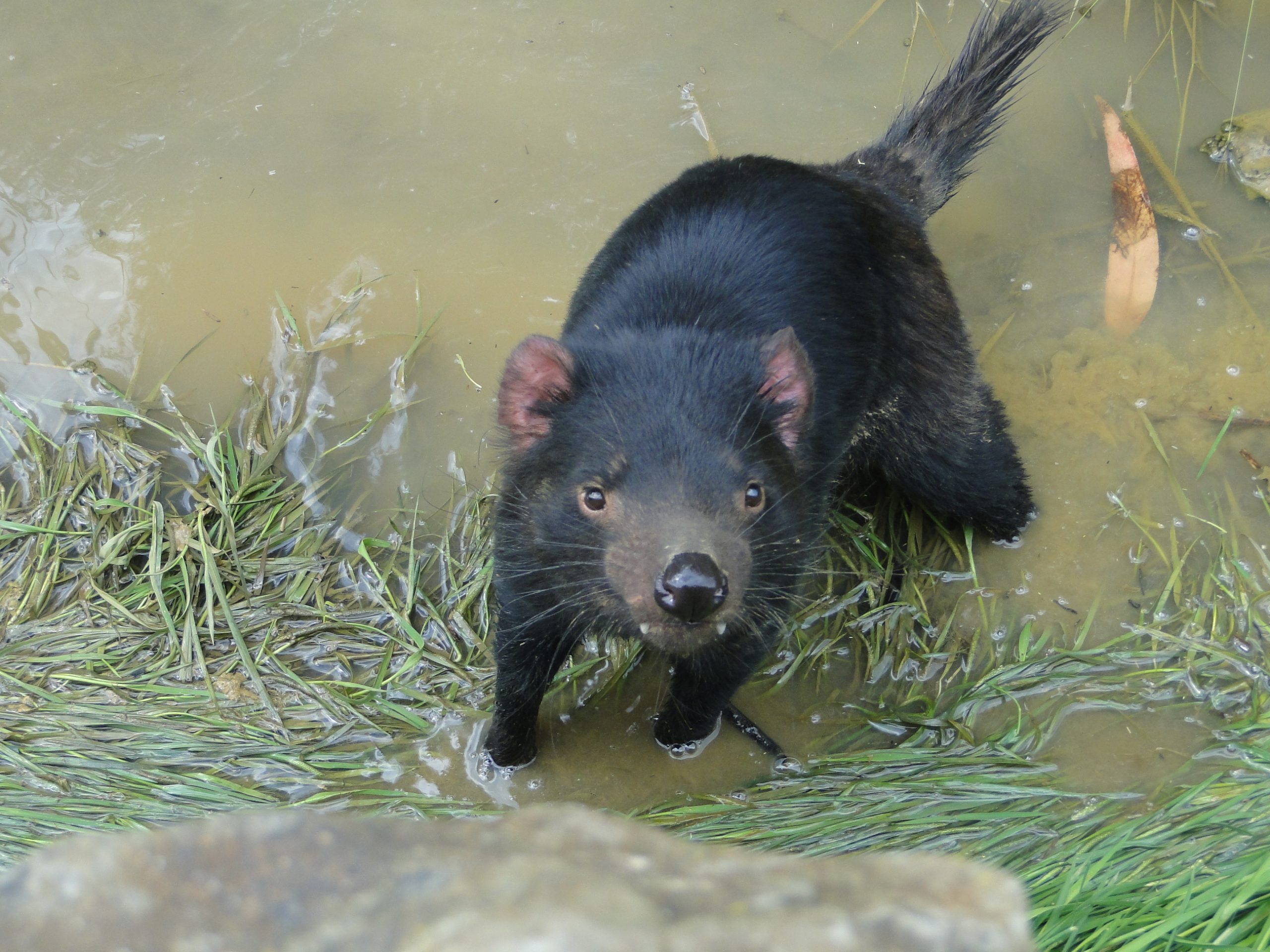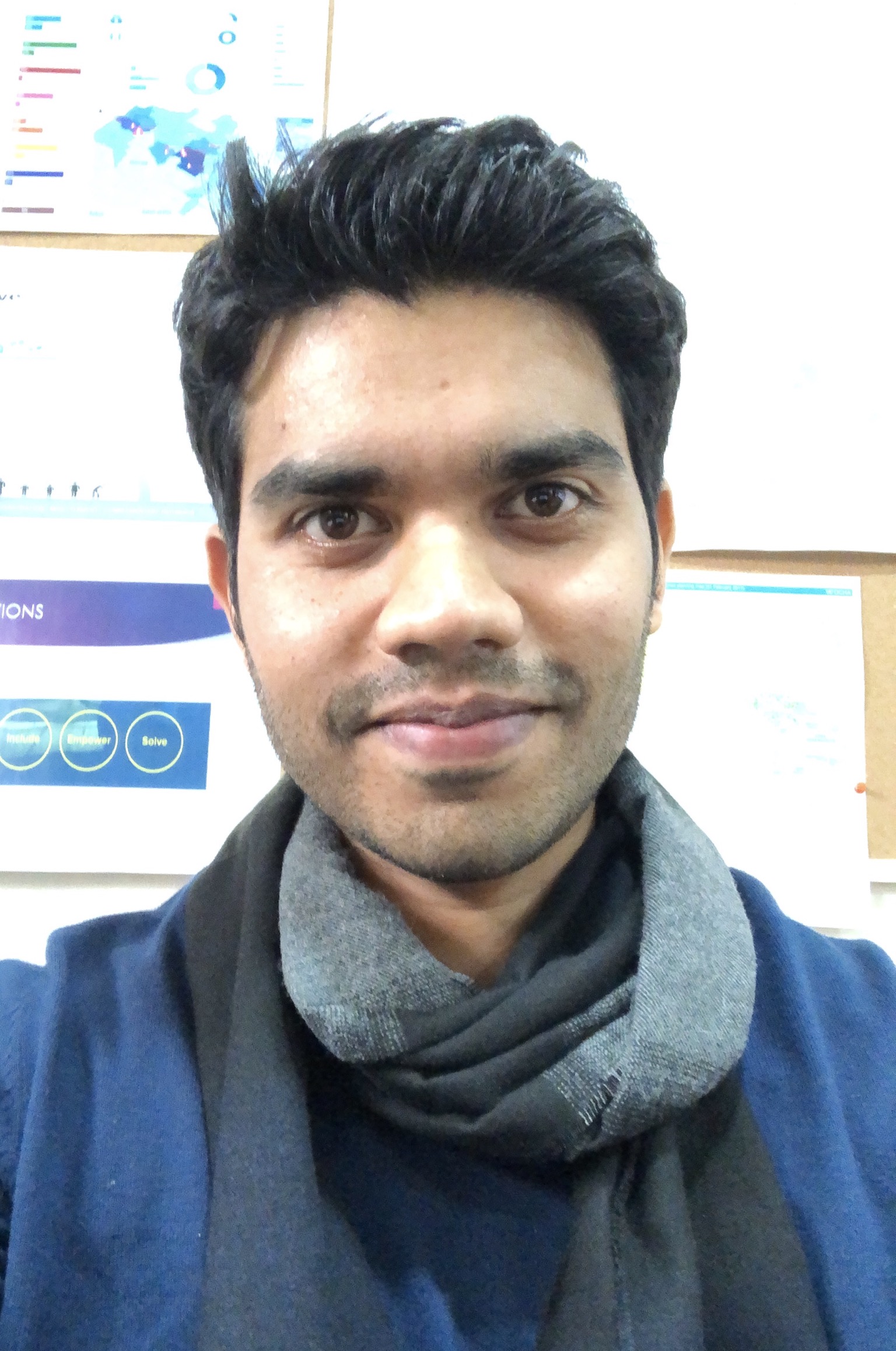
Four Gates Cambridge Scholars will present their research at this year's annual symposium on 5th May.
Four scholars will talk about their research, ranging from the conservation of Tasmanian Devils to bone regrowth, at the annual symposium before the Gates Cambridge Trustees on 5th May.
Zenobia Ismail [2013], who is doing a PhD in Politics and International Studies, will talk about recent Zambian politics and the failure of multi-party democracy to address endemic problems.
The talk, The Alternation Fallacy: Continuity and Co-option in Zambia’s 25 years of Multi-Party Politics, draws on Zenobia’s research on the dominant party states in southern Africa which are hybrid regimes. Zambia is one of very few countries where a dominant party has been ousted in 1991 and 2011. Zenobia says that, despite this, democratisation has not progressed. She says: “New ruling parties soon resemble their predecessors and exploit the weak institutions which they inherit to consolidate power. I argue that self-reinforcing mechanisms such as the constitution, patronage and the political culture undermine reform after alternation. Moreover the parliament and judiciary are used to co-opt or intimidate members of the opposition, thus enabling incumbents to strive for dominance.”
Isabella Gariboldi [2014], who is doing a PhD in Materials Science and Metallurgy, will talk about her research into one of the key challenges for growing artificial bone: the ability to implant porous biomaterial structures or scaffolds so they integrate and interact with the body by modulating the behaviour of cells. The talk, Vascularising Bone Substitute Materials: Uncovering the Role of Micro-Architecture, will describe her research into the role of structural architecture (at the 100 um scale) in controlling and directing the growth of blood vessels into scaffolds. She says: “The aim of developing micro-architecture design principles for more efficient vascularisation is to inform future refinement of fabrication technologies, such as 3D printing, so that the idea of ‘growing’ artificial bones comes closer to reality.”
Maximilian Stammnitz’s talk The Devil’s DNA is about his research into a form of cancer which affects the conservation of Tasmanian Devils. Tasmanian Devils are the world's largest carnivorous marsupials, providing valuable ecosystem functions within their habitat. However, since the mid-1990s, their numbers have fallen significantly due to outbreaks of contagious clonal facial cancers. His research compares the genetics between transmissible tumour cells and healthy animals through a next-generation DNA sequencing approach. Maximilian [2016] is doing a PhD in Veterinary Science.
Safwan A. Khan [2016] will speak about his four-week placement at the Department of Premier and Cabinet (DPC), State Government of Victoria, Australia, and its work into establishing an evidence-based policy base for ensuring that programmes have value for money and are effective in achieving their intended outcomes. His research for his MPhil in Public Policy compares the approach taken in Victoria with evidence-based policy work in the UK.
*The symposium takes place at 2:30pm on 5th May in the Gates Cambridge Scholars Common Room. Scholars and their guests are welcome. Picture credit: Wiki Commons.

Zenobia Ismail
- Alumni
- South Africa
- 2013 PhD Politics and International Studies
- Wolfson College
I grew up in Pretoria, South Africa but studied and worked in Johannesburg. Between 2008 and 2011 I was involved in multi-country research on democracy and governance in sub-Saharan Africa. In 2011 I read for a master’s degree in African studies. My dissertation analysed the fall of a dominant political party which had governed for twenty years. I am interested in democratisation in Africa particularly with regard to the efficacy and integrity of elections in dominant party states. My doctorate will examine the relationship between voters and political parties to understand what draws voters to political parties. The influence of government performance, ethnicity, clientelism, leadership and ideology will be considered to determine if voters are making rational choices when they vote or if they are motivated by deeper, intrinsic ties to political parties instead. I hope to write a book on elections in Africa to stimulate debate on how citizens use their right to vote.

Maria Isabella Gariboldi
- Alumni
- Italy
- 2014 PhD Materials Science and Metallurgy
- Trinity College
I was born in the Alps in Italy and grew up in a small town close to Milan. I received my bachelors degree from the Massachusetts Institute of Technology in Biological Engineering with a minor in Management. I have worked in several labs in institutions including Imperial College, École Polytechnique, the Koch Institute for Integrative Cancer Research and the MIT Media Lab. I am excited to start my PhD at the Cambridge Center for Medical Materials. I am particularly interested in implantable technologies and the development of biomaterials for use in regenerative medicine. Through my travels and extra-curricular activities, I have also grown passionate about healthcare delivery, particularly in developing countries. In the long term, I want to work towards developing low cost medical technologies to be used in resource-limited settings.

Maximilian Stammnitz
- Alumni
- Germany
- 2016 PhD Veterinary Medicine
- Pembroke College
As a PhD student in the Transmissible Cancer Group of Dr. Elizabeth Murchison (2015 - 2020), I have worked on Transmissible Tasmanian Devil Facial Tumour Disease (DFTD) genetics through computational analyses of large-scale DNA and RNA sequencing data. I am now an EMBO fellow at the Centre for Genomic Regulation, Barcelona.

Safwan Aziz Khan
- Alumni
- Pakistan
- 2016 MPhil Public Policy
- Christ's College
Safwan A. Khan is a public policy professional specializing
in government affairs, international development, and humanitarian support. Experienced in policy advisory, programme management, and public affairs, Safwan has worked with governments, third sectors, and multilateral institutions in Canada, South Asia, UK, Australia, and the MENA region. Based in Toronto, he is currently associated with UNHCR – The UN Refugee Agency.
Previous Education
University of Karachi
Quaid-I-Azam University












